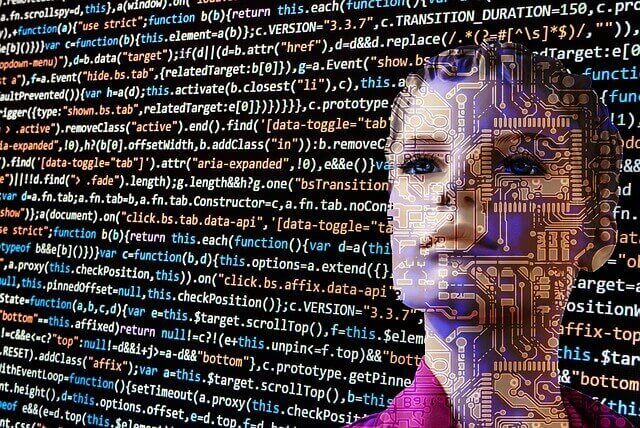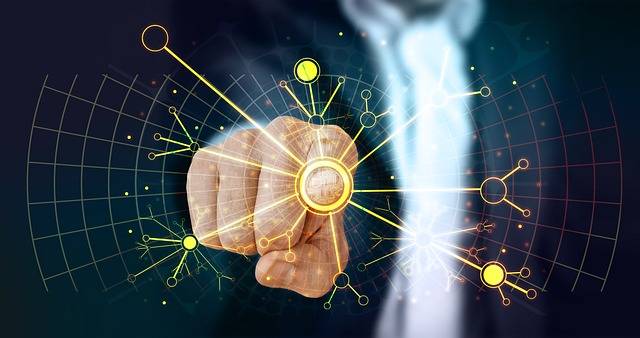Understanding Artificial Intelligence: Exploring the concept and applications of AI
Artificial Intelligence, commonly referred to as AI, is a field of computer science that focuses on creating machines with the ability to think and learn like humans. This branch of technology aims to develop intelligent machines that can perform tasks traditionally requiring human intelligence, such as problem-solving, decision-making, and language understanding. By simulating human cognitive processes, AI systems can process large amounts of data, identify patterns, and make predictions, revolutionizing industries across the globe.
One of the key applications of AI is in the realm of healthcare. AI-powered systems have the potential to transform the way medical professionals diagnose and treat diseases. By analyzing vast amounts of patient data, these intelligent systems can detect patterns and identify potential risks that may go unnoticed by humans.
Additionally, AI can be used to develop personalized treatment plans, provide remote monitoring of patients, and assist in surgical procedures, ultimately improving patient outcomes and revolutionizing the healthcare industry. As AI technology continues to advance, its impact across various sectors ranging from finance to transportation and beyond is only expected to grow.
Historical Development of AI: Tracing the origins and milestones of AI technology
Artificial Intelligence (AI) has come a long way since its inception, with a rich and fascinating history of development. The origins of AI can be traced back to the 1950s, when researchers began exploring the possibility of creating intelligent machines. In fact, the term “artificial intelligence” was first coined at the Dartmouth Conference in 1956, where a group of scientists and mathematicians gathered to discuss the potential of creating machines that could exhibit human-like intelligence.

One of the earliest milestones in the development of AI was the creation of the Logic Theorist program by Allen Newell and Herbert Simon in 1956. This program, which was able to prove mathematical theorems, demonstrated the potential for computers to perform complex tasks traditionally associated with human intelligence. Following this breakthrough, researchers began to develop a variety of AI techniques and algorithms, including the development of expert systems, neural networks, and machine learning algorithms, which paved the way for further advancements in the field.
Throughout the decades, AI technology continued to evolve, with significant milestones achieved in various domains. In the 1990s, for instance, IBM’s Deep Blue computer famously defeated world chess champion Garry Kasparov, showcasing the tremendous progress in machine learning and computational power. In more recent years, AI has made waves in natural language processing, computer vision, and even autonomous driving, with technologies like Siri, facial recognition software, and self-driving cars becoming more commonplace.
The historical development of AI is a testament to the human endeavor to emulate and harness intelligence through machines. From the early days of academic conferences to the rapidly advancing technologies of today, AI has grown by leaps and bounds, promising to shape our future in unprecedented ways. As we delve further into the realms of artificial intelligence, it becomes crucial to understand its origins and milestones in order to appreciate its potential and navigate the ethical considerations associated with its progress.
AI in Everyday Life: Examining the impact of AI on various industries and sectors
Artificial Intelligence (AI) has infiltrated various industries and sectors, significantly transforming the way things operate. One area that has been greatly impacted by AI is healthcare. With the introduction of AI-powered diagnostic systems, healthcare professionals are now able to analyze medical images and data more accurately and efficiently.
This has led to improved diagnosis and treatment plans, ultimately saving lives. Additionally, AI is also being utilized to develop personalized medicine, where treatment plans are tailored to individual patients based on their genetic makeup and medical history. This not only enhances patient outcomes but also reduces healthcare costs by avoiding unnecessary procedures and medications.
Another important industry benefiting from AI is finance. AI algorithms are being used to predict market trends, analyze financial data, and detect potential fraud. This has revolutionized decision-making processes in the financial sector, enabling businesses and investors to make more informed choices.
Furthermore, the use of AI in customer service has improved efficiency and customer satisfaction. Chatbots, powered by AI, are able to provide instant and accurate responses to customer inquiries, assisting with everything from account management to product recommendations. This technology has not only reduced the workload for customer service representatives but has also enhanced the overall customer experience.
Ethical Considerations in AI: Discussing the ethical dilemmas posed by AI advancements
As artificial intelligence (AI) continues to advance at a rapid pace, ethical considerations surrounding its use have become increasingly important. One of the main ethical dilemmas posed by AI advancements is the potential for job displacement. As AI technology becomes more sophisticated, there is a concern that many traditional jobs may be replaced by automation, leading to unemployment and economic disruption.
This raises questions about the responsibility of individuals and organizations to ensure a smooth transition for those affected by these technological changes. Additionally, there are concerns about the potential biases and discrimination embedded in AI algorithms. As AI relies on data to learn and make decisions, there is a risk that these algorithms may perpetuate existing biases and discrimination present in the data.
This poses a challenge in ensuring fairness and equity in AI systems, particularly in sensitive areas such as hiring, lending, and law enforcement. Addressing these ethical dilemmas is crucial to ensure that AI technology serves the greater good and does not exacerbate societal inequalities.


